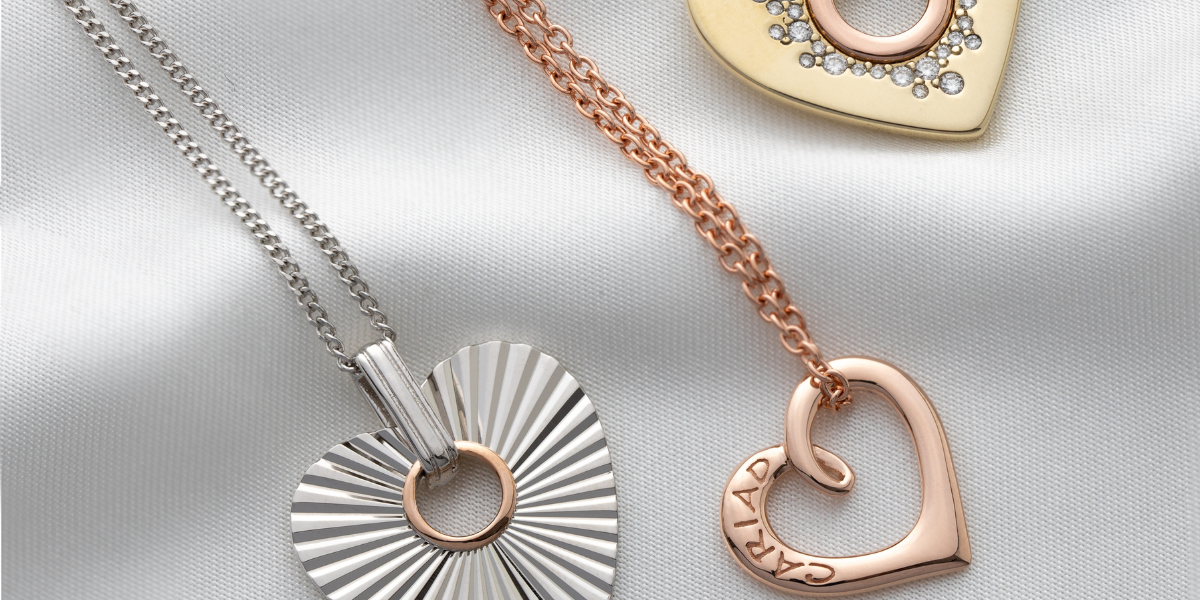Insomnia is one of the most frequent complaints of women in the premenopause and menopause years. From trouble falling asleep, to frequent awakenings, to waking up in the middle of the night and not being able to get back to sleep. Doctors specializing in women’s health are more and more attributing these menopause symptoms to the sharply declining output of progesterone and estrogen by the ovaries as women age. Uzzi Reiss, M.D., author of Natural Hormone Balance for Women, says: “You can often use …progesterone to give you a restful night’s sleep. I estimate that three-quarters of women could probably resolve a hormonal-related sleeping problem with this simple approach.”
Dr. Reiss goes on to say: “Research in Germany has shown that progesterone…has a potent effect on brain chemistry. Specifically, it enhances the activity of GABA, a major neuro-chemical that calms the nervous system. Researchers have found that progesterone produces a sleep brain wave pattern similar to that from tranquilizers.”
One key study on this is titled: “Progesterone Reduces Wakefulness in Sleep EEG.” (EEG is an electroencephalogram, which is a technique for studying the electrical current within the brain). The research was done in Munich Germany with the aim of testing whether replacement therapy with progesterone improves sleep after menopause. Ten healthy postmenopausal women were assessed at the beginning and the end of the study with sleep EEG recordings. Progesterone was shown to reduce wakefulness and improve sleep.
John R. Lee, M.D. discusses the benefits of progesterone for better sleep in his book “What Your Doctor May Not Tell You About Menopause”. He says: “Many of my patients have volunteered that the first benefit they perceived from using natural progesterone was an improved sleep pattern. After years of unsettled sleep they now look forward to retiring each night because they know they will enjoy sound sleep and awake refreshed in the morning. This is one of the reasons I tend to recommend that progesterone cream be applied at bedtime.”
Women should look for a natural progesterone cream that contains no artificial chemicals, colors, preservatives, fragrances, or mineral oil. Dr. John Lee says: “Even when a cream contains progesterone, it will not be effective if it is not suspended in the proper medium. Products containing mineral oil will prevent the progesterone from being absorbed into the skin. Other products haven’t properly stabilized the progesterone, so it deteriorates over time with exposure to oxygen.”
Natural, body-identical progesterone cream carries none of the side-effects of drug-based hormones. If a women uses too much, the only side-effect which may occur is too much drowsiness or tiredness during the day. The right kind of natural progesterone cream just might be able to soothe those restless, sleepless nights into calm, peaceful slumber.
References:
1. Book: “Natural Hormone Balance for Women” by Uzzi Reiss, M.D./O.B. GYN.
2. Study: “Progesterone Reduces Wakefulness in Sleep EEG and Has no Effect on Cognition in Healthy Postmenopausal Women”, Munich, Bavaria, Germany, July 2004.
3. Book: “What Your Doctor May Not Tell You About Menopause — The Breakthrough Book on Natural Progesterone” by John R. Lee, M.D. and Virginia Hopkins.











